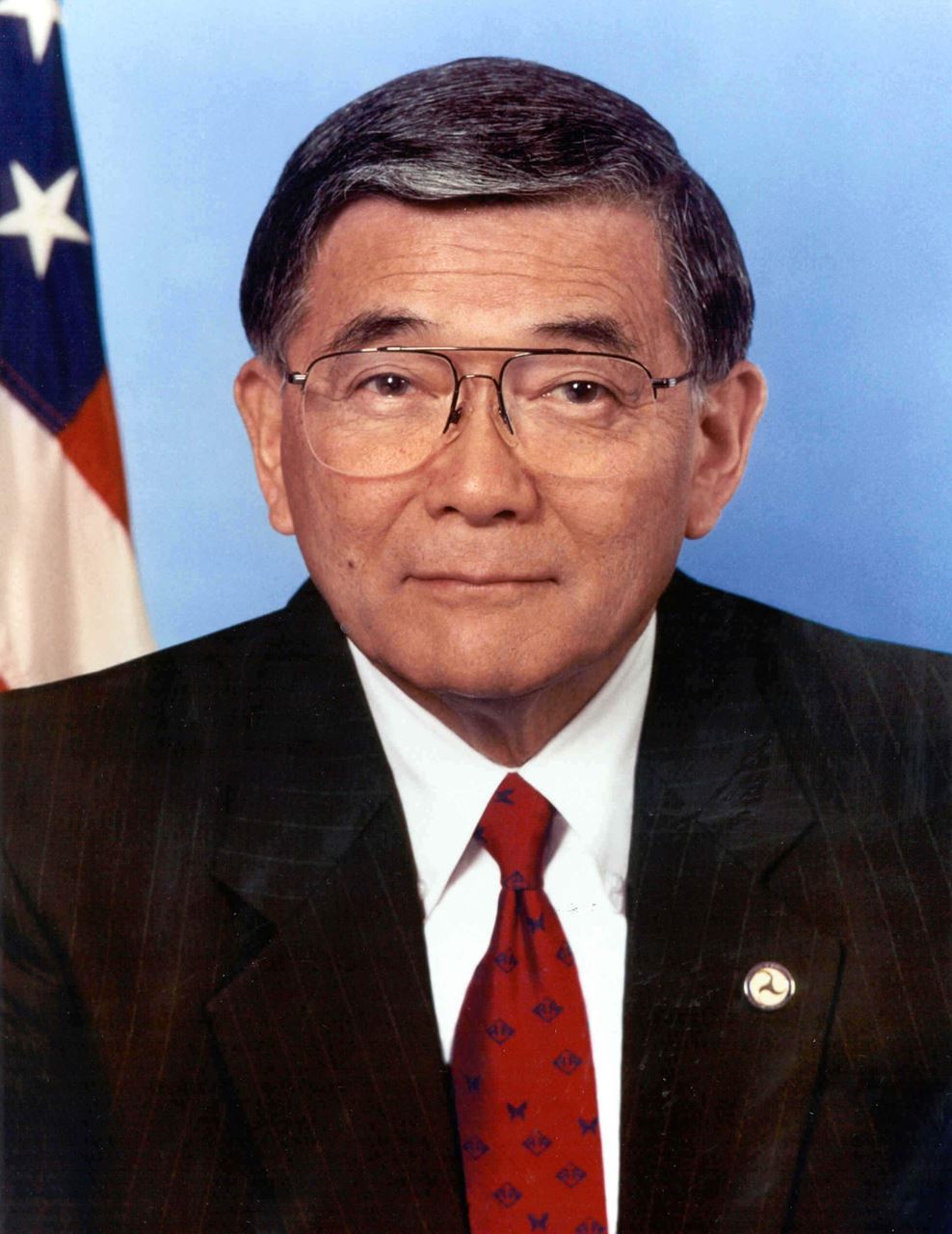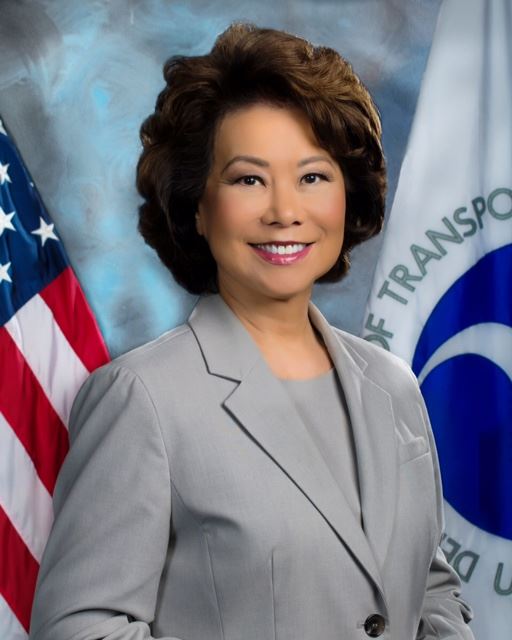Distinguished Public Servants
Congressman Dalip Singh Saund
 Congressman Dalip Singh Saund was the first person of Asian descent to serve in the U.S. House of Representatives. Born in Chhajjalwaddi, Indian, he immigrated to the United States in 1920 to study at the University of California, Berkeley where he earned Masters and PhD degrees in mathematics.
Congressman Dalip Singh Saund was the first person of Asian descent to serve in the U.S. House of Representatives. Born in Chhajjalwaddi, Indian, he immigrated to the United States in 1920 to study at the University of California, Berkeley where he earned Masters and PhD degrees in mathematics.
After finishing his studies, Saund settled in California's Imperial Valley. Immigration laws at that time prevented people of Asian descent from owning or leasing land, so Saund had to put contracts in a friend's name rather than his own. After 20 years of farming, Saund finally started his own fertilizer business around 1953. When he was not farming, Saund was a popular speaker in the valley and addressed local groups nearly every week.
Saund’s political activities could go only so far, however, because, at the time, federal law prevented him from becoming a U.S. citizen. In the 1940s, he helped organize efforts to open citizenship to people of Indian descent living in the States. He worked long hours to build support, and, eventually, Congress passed the Luce-Celler Act in 1946 allowing Indian immigrants to pursue naturalization. Saund became a U.S. citizen three and a half years later on December 16, 1949.
He was elected Justice of the Peace for Westmoreland Township in 1952 for a four-year term. He gained support to run for the Imperial Valley congressional seat, serving from 1957 to 1963. He died at his home in Hollywood, CA in 1973 and Members held a memorial service for the Judge in the U.S Capitol Building.
Secretary Norman Y. Mineta

Former Secretary Norman Y. Mineta, a Japanese American who was the first Asian Pacific American to serve in two Cabinet positions as Secretary of Commerce and Secretary of Transportation. He is the founder of the Mineta Transportation Institute, lead agency of the Mineta National Transit Research Consortium. Secretary Norman Y. Mineta is well known for his work in transportation – including aviation, surface transportation, and infrastructure – and national security. He is recognized for his accomplishments in economic development, science and technology policy, foreign and domestic trade, budgetary issues and civil rights, as well as his perspective from having served in Congress for over 20 years and in the Cabinets of both Republican and Democratic presidents.
For almost 30 years, Secretary Mineta represented San Jose, California – the heart of Silicon Valley – first on the City Council, then as Mayor, and then from 1975-1995 as a Member of Congress. Throughout that time, Secretary Mineta was an advocate of the burgeoning technology industry. Secretary Mineta served as the Chairman of the House Transportation and Public Works Committee from 1992-1994, after having chaired the Subcommittee on Aviation and the Subcommittee on Surface Transportation. He was the primary author of the groundbreaking ISTEA legislation – the Intermodal Surface Transportation Efficiency Act of 1991. While in Congress, he co-founded the Congressional Asian Pacific American Caucus and was Chair of the National Civil Aviation Review Commission in 1997. In 2000, Secretary Mineta was appointed by President Bill Clinton as the United States Secretary of Commerce. At the Department of Commerce, Secretary Mineta was known for his work on technology issues, for achieving international cooperation and intergovernmental coordination on complex fisheries issues, and streamlining the patent and trademark process. From 2001-2006, Secretary Mineta served as Secretary of Transportation by President George W. Bush. Following the terrorist acts of September 11, 2001, Secretary Mineta guided the creation of the Transportation Security Administration.
Secretary Elaine L. Chao
 Secretary Elaine L. Chao was the 18th U. S. Secretary of Transportation and this was her second cabinet position. She previously served as U.S. Secretary of Labor from 2001-January 2009, and is the first Asian American woman to be appointed to the President's cabinet in American history.
Secretary Elaine L. Chao was the 18th U. S. Secretary of Transportation and this was her second cabinet position. She previously served as U.S. Secretary of Labor from 2001-January 2009, and is the first Asian American woman to be appointed to the President's cabinet in American history.
Secretary Chao comes to the U.S. Department of Transportation with extensive experience in the transportation sector. Early in her career, she specialized in transportation financing in the private sector. She began her executive career in public service working on transportation and trade issues at the White House. She then served as Deputy Maritime Administrator, U. S. Department of Transportation; Chairman of the Federal Maritime Commission; and, Deputy Secretary of the U.S. Department of Transportation.
Secretary Chao has a distinguished career in the public, private, and nonprofit sectors. An immigrant who arrived in America at the age of eight speaking no English, she received her citizenship at the age of 19. Her experience transitioning to a new country has motivated her to devote most of her professional life to ensuring that everyone has the opportunity to build better lives for themselves and their families. As U.S. Secretary of Labor, she focused on increasing the competitiveness of America’s workforce in a global economy, promoted job creation, and achieved record results in workplace safety and health.
Prior to the Department of Labor, Secretary Chao was President and Chief Executive Officer of United Way of America, where she restored public trust and confidence in one of America’s premier institutions of private charitable giving, after it had been tarnished by financial mismanagement and abuse. Secretary Chao also served as Director of the Peace Corps, where she established the first programs in the Baltic nations and the newly independent states of the former Soviet Union.